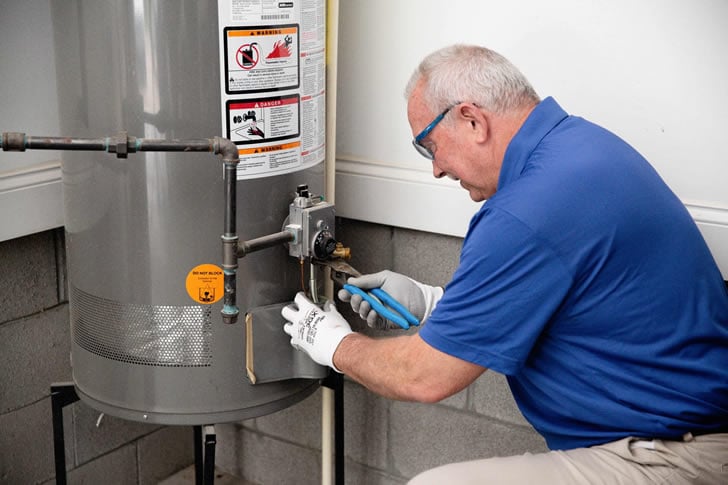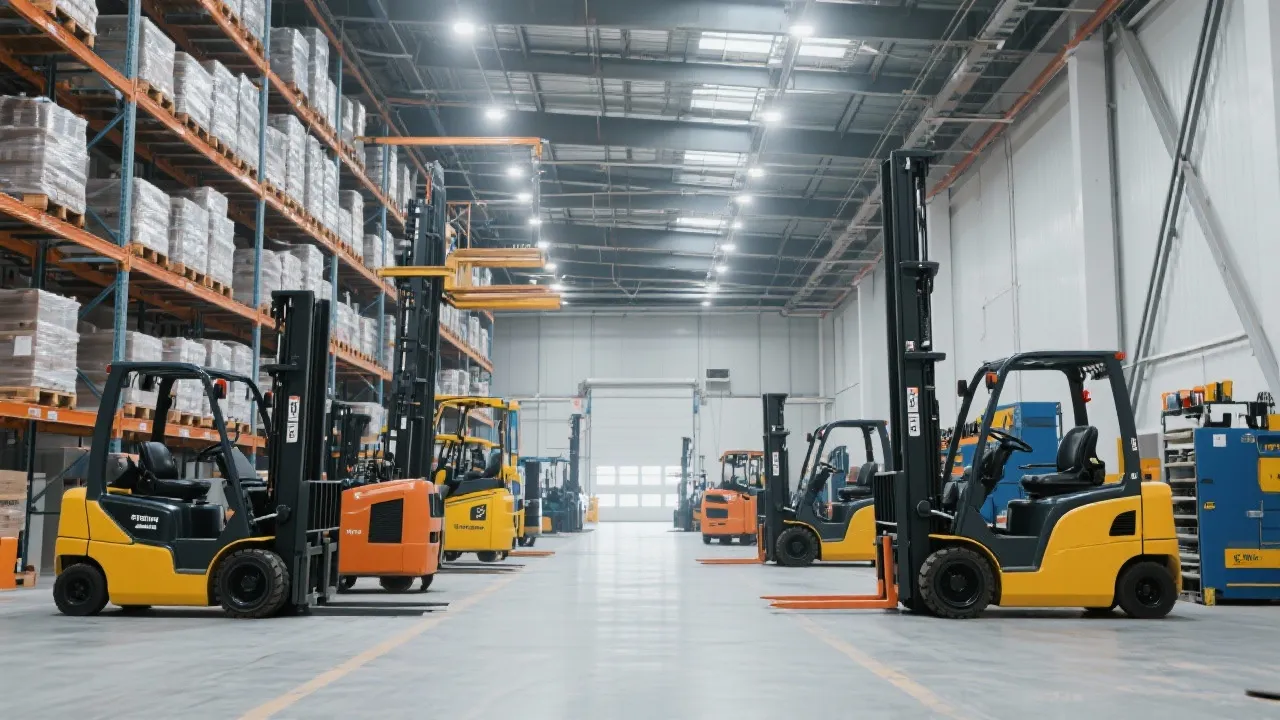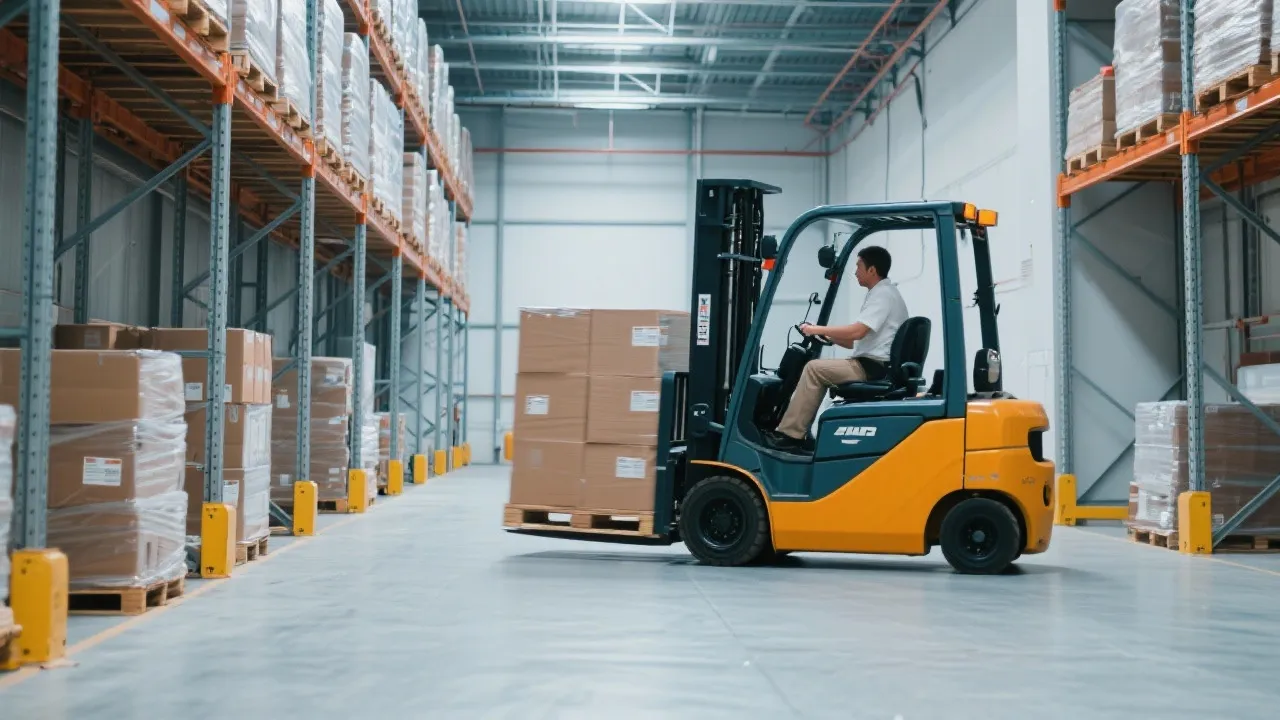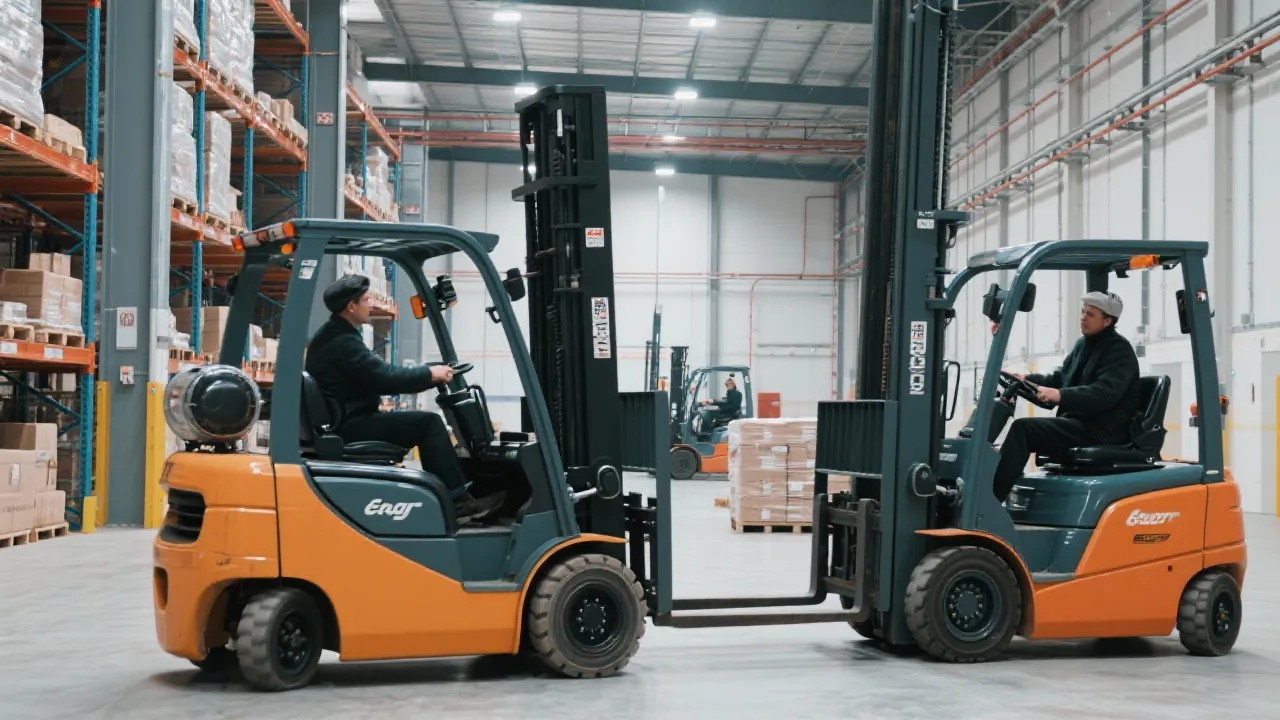Mastering Thermo Fisher Chromatography
Understanding Thermo Fisher Chromatography is crucial for those in fields requiring precise chemical analyses. Thermo Fisher Scientific, a leader in the scientific materials sector, has developed sophisticated chromatography systems that aid in various industries from pharmaceuticals to environmental sciences. This article delves into the applications, technology, and proficiency required to leverage these systems effectively.
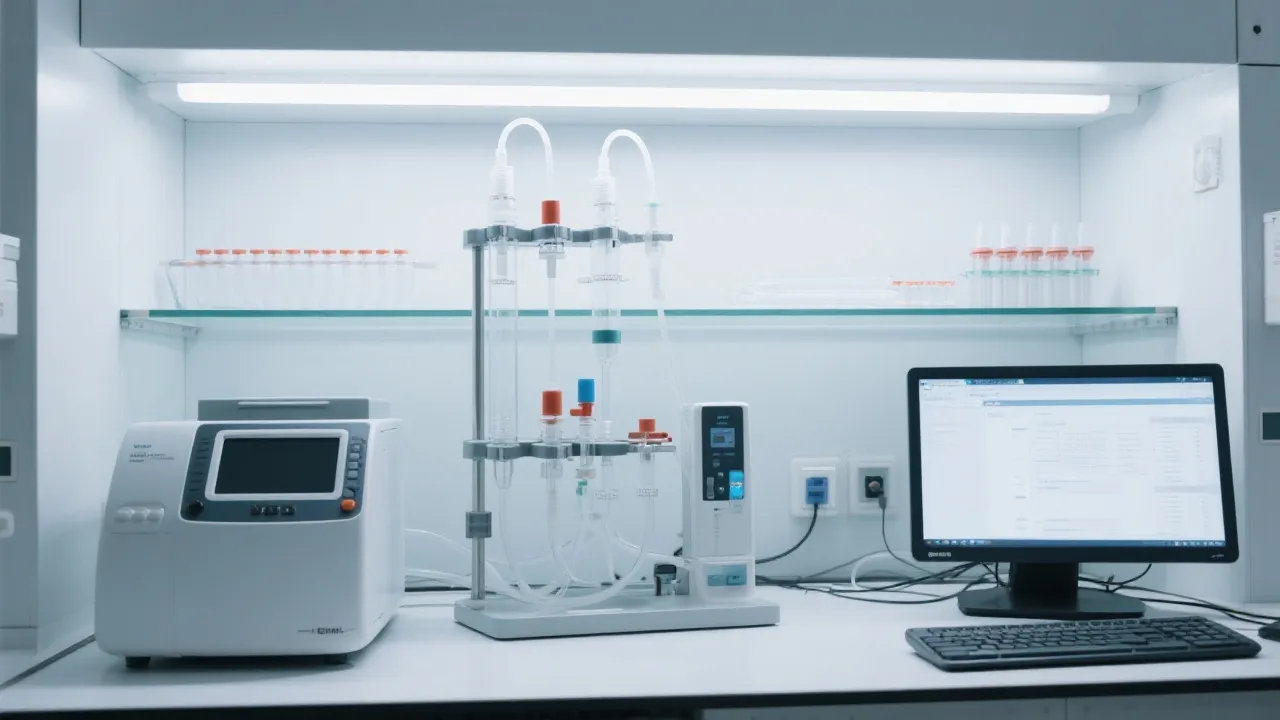
Understanding Thermo Fisher Chromatography
Thermo Fisher Chromatography represents a pivotal development in chemical analysis, providing unmatched precision and reliability in separating complex mixtures. As a cornerstone in scientific research and industrial applications, chromatography is essential for those in pharmaceuticals, environmental testing, clinical research, and food safety. This technology spans several methodologies, such as gas, liquid, and ion chromatography, each tailored to specific analytical needs.
At its core, chromatography operates on the principle of differential partitioning of components between a stationary phase and a mobile phase. This fundamental concept allows for the separation of substances based on various properties such as polarity, size, or charge. The pioneering work by scientists like Mikhail Tsvet laid the groundwork for the evolution of chromatography, leading to the sophisticated techniques available today. The advent of modern chromatography tools provides researchers with enhanced capabilities to undertake complex analyses that were previously challenging or impossible.
The Significance of Chromatography in Modern Science
Chromatography is the science of separation. It's an indispensable tool that allows scientists to dissect mixtures into their individual components, offering a detailed understanding of their chemical properties and interactions. Thermo Fisher Scientific is a global leader in this field, providing cutting-edge technology and expertise that power scientific research and industrial processes worldwide. The precision offered by chromatography technologies is not just a matter of convenience; it has critical implications for health and safety, environmental protection, and product quality across various sectors.
For instance, in pharmaceuticals, the integrity of formulations is paramount. Drugs must be analyzed for efficacy and safety, which often requires separating and quantifying active pharmaceutical ingredients (APIs) from excipients and impurities. Similarly, environmental scientists rely on chromatography to detect and quantify pollutants in air, soil, and water. This capability is crucial for ensuring compliance with environmental regulations and protecting public health. In clinical diagnostics, the ability to accurately measure biomolecules is vital for disease prevention, diagnosis, and treatment monitoring, showcasing the critical nature of chromatography in a wide range of scenarios.
Applications of Thermo Fisher Chromatography
The versatility of Thermo Fisher Chromatography is evident across multiple domains. In pharmaceutical industries, chromatography is imperative for drug development and quality control, ensuring product purity and efficacy. The process begins with method development, where distinct chromatographic techniques are employed to optimize separation and detection of compounds. Analytical assays are then validated to ensure they're fit for their intended use, often involving rigorous stability studies to determine shelf-life and efficacy.
Environmental laboratories utilize chromatography to monitor pollutants and analyze water quality. For instance, liquid chromatography coupled with mass spectrometry (LC-MS) can detect trace levels of contaminants in drinking water, ensuring safety. In forensic science, it aids in toxicology reports and drug identification; gas chromatography-mass spectrometry (GC-MS) is a key technique for analyzing substances found at crime scenes, assisting law enforcement in legal investigations. The food industry heavily relies on chromatography to ensure safety and compliance with health regulations, helping detect pesticides, contaminants, and nutritional content in food products.
Moreover, the technology is important in the cosmetics sector, with chromatography used to analyze and verify the purity and stability of cosmetic ingredients. Each of these applications highlights the significant impact chromatography has on a wide variety of industries, underlining its importance in facilitating research and ensuring compliance with safety standards.
Advancements in Thermo Fisher Technology
Thermo Fisher continues to push the boundaries of chromatography with innovations that enhance accuracy, speed, and user convenience. Recent advancements include automated systems that minimize error and increase productivity, as well as hybrid techniques that combine the strengths of multiple chromatography forms. For instance, the integration of HPLC with mass spectrometry has revolutionized the way complex biological samples are analyzed, allowing for both separation and identification in a single run.
Moreover, advancements in data analysis software have transformed how scientists interpret chromatographic data. Sophisticated algorithms and machine learning models enable researchers to extract valuable insights from complex data sets quickly. Additionally, Thermo Fisher's emphasis on user-friendly interfaces ensures that users at all skill levels can effectively navigate and utilize chromatography systems. This integration of innovative technology not only streamlines workflows but also broadens the capabilities of chromatography across various applications.
Furthermore, sustainability considerations are driving research into greener chromatography techniques. Innovations such as the development of environmentally friendly solvents and optimization of laboratory practices are paving the way to reducing the carbon footprint associated with analytical chemistry without compromising on performance. These combined efforts secure Thermo Fisher's role as a leader in the field, committed to fostering advancements that align with both scientific progress and environmental consciousness.
Table: Comparison of Chromatography Techniques
| Technique | Application | Advantages | Limitations |
|---|---|---|---|
| Gas Chromatography | Analysis of volatile compounds | High resolution, fast analysis, ideal for specific applications | Requires volatile analytes; limited to gas or vapor phases |
| Liquid Chromatography | Biochemical separations | Versatile, suitable for non-volatile and thermally unstable compounds | Generally slower than gas chromatography, requires careful solvent selection |
| Ion Chromatography | Water quality analysis | Accurate for charged species; low detection limits | Limited to ionic compounds, requires specific column chemistry |
| Supercritical Fluid Chromatography | Separation of non-volatile compounds | Rapid analysis, reduced solvent usage, high efficiency | Requires expensive equipment, knowledge of supercritical fluid behavior |
Leveraging Thermo Fisher Chromatography Systems
To maximize the benefits of Thermo Fisher chromatography systems, users must consider several factors. Understanding the specific requirements of their analysis, such as sensitivity and resolution, is crucial. The choice of chromatographic technique will depend on the nature of the sample and the specifics of the separation needed. Training and proficiency in handling these sophisticated systems are essential, as is consistent maintenance and calibration to ensure optimal performance.
Moreover, laboratories should adopt a systematic approach towards method development and validation. Establishing clear protocols and employing best practices can significantly enhance the reliability of results. This includes running standard operating procedures (SOPs) for the preparation of samples and the calibration of equipment to minimize variability in results. Regularly scheduled maintenance and performance checks will help ensure the longevity of chromatography instruments and consistently high performance standards. The integration of data management systems is also invaluable in maintaining compliance with industry regulations, reinforcing the integrity of analytical results.
FAQs on Thermo Fisher Chromatography
- What industries benefit from Thermo Fisher Chromatography?
Industries ranging from pharmaceuticals, environmental sciences, clinical diagnostics, food safety, forensics, and even cosmetics extensively use these technologies for analysis and research.
- How does Thermo Fisher ensure the accuracy of their chromatography instruments?
Thermo Fisher invests heavily in research and development to continually enhance the accuracy and efficiency of their scientific instruments. This is achieved through rigorous testing protocols and continuous improvement practices that involve feedback from users and advancements in science.
- Can Thermo Fisher chromatography systems be customized?
Yes, systems can be tailored to fit specific analytical needs, with options to configure features such as detectors, column types, and software interfaces. This adaptability allows users to modify their systems based on evolving analytical requirements.
- What training resources does Thermo Fisher provide for users?
Thermo Fisher offers a variety of training resources, including online courses, webinars, and hands-on workshops aimed at improving user proficiency and understanding of chromatography techniques. These resources facilitate the effective use of their sophisticated equipment in practical applications.
Conclusion: The Future of Chromatography
As scientific challenges evolve, so too does the technology designed to meet them. Thermo Fisher's commitment to innovation ensures that their chromatography systems remain at the cutting edge, suitable for the very demanding analytical tasks. The ongoing developments in this field promise even greater precision and efficiency, paving the way for new discoveries and advancements across various scientific and industrial sectors.
The increasing complexity of chemical mixtures and formulations demands ongoing innovation in separation technologies. As new materials and compounds are developed, particularly in emerging fields like nanotechnology and biopharmaceuticals, chromatography will continue to adapt and grow. The integration of artificial intelligence and machine learning into laboratory practices is expected to further revolutionize chromatography, enabling smarter analyses and more detailed insights with less manual intervention.
As researchers and businesses seek to streamline workflows and enhance analytical performance, the future of chromatography lies in its ability to integrate more seamlessly with other technologies, such as robotics and automated sample handling, ensuring that scientific inquiry remains efficient and impactful. In summary, Thermo Fisher chromatography is not just a tool of the present but a foundation for the future of scientific exploration.


